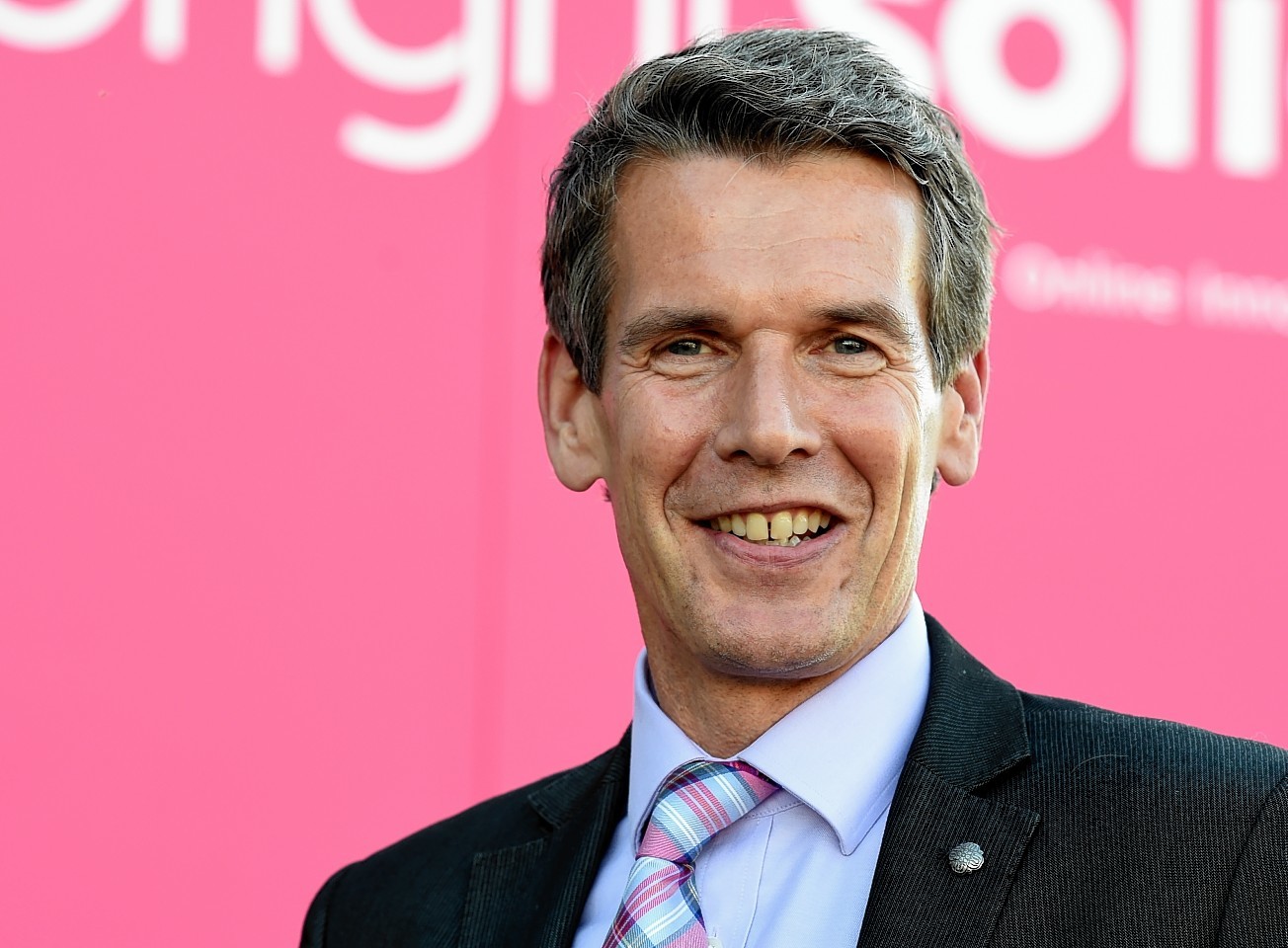Is Scotland ready for a digital technology future? Richard Higgs, boss of Scottish specialist brightsolid told Keith Findlay there is a lot to do
Richard Higgs is a fast talker who rattles through any conversation about digital technology at a pace almost matched by the speed of change in the industry itself.
I say almost because the chief executive of Scottish cloud computing and data centre specialist brightsolid believes the sector could be progressing a little faster.
Mr Higgs, 52, told me outdated infrastructure was holding Scotland’s economy back.
Inspired by the Swedish capital of Stockholm which “has more connectivity than the whole of Scotland put together”, he said he would like to see UK aerospace and military technological might used to help build a telecommunications system fit for the 21st Century.
He added: “Stockholm recognised a need for proper connectivity and they put fibre into the ground.
“As a result, every home and business has one gigabyte (per second) connectivity, while in Scotland the average is six megabytes.
“If we are going to aspire to be economically better off as a country, then digital connectivity is key.
“Millennials (a term used to describe people born between the early 198s and 2004) have certain expectations of what they want in a modern city.
“They will be going to other places where there is fantastic connectivity which is not a rip-off.”
Dundee-based brightsolid – part of publishing group DC Thomson – is doing its bit to equip Scotland for a high-tech digital future.
It opened a £5million data centre in Aberdeen late last year and ended 2015 by announcing the new facility had won contracts worth more than £1million in its first few months of operation.
Earlier this year, Aberdeen City Council became the latest customer to agree a deal with the firm seeking to make the Granite City a digital technology centre of excellence.
The council’s three-year contract is worth £1million annually to brightsolid, which is providing the local authority with a managed data centre service using a private storage “cloud”.
Key digital information is held securely in the firm’s hi-tech facilities in Aberdeen, while there is also a disaster recovery plan in place to make doubly sure the data is safe.
Mr Higgs is as enthusiastic about robotics and technology in general as he is about the future of data storage.
“I do love gadgets, he said, adding his new Microsoft Band – which tracks your body’s heart rate, calorie burn and sleep quality among other things – was “considerably better” that a previous version.”
It goes from being very useful to completely useless,” he said.
But any image of him as some kind of nerdy technology geek is undermined by the fact that he uses a rather old laptop and cites a 1973 Ferrari Dino as his favourite car.
Born and bred in north London, he studied management sciences at Warwick University before going on to enjoy a technology-focused career which has included a spell as vice-president of Wall Street institution the Bankers Trust.
In April 1994, he and two colleagues, Giles Newman and Paul Hodgson, left Bankers Trust – now part of Deutsche Bank – and set up financial trading technology specialist ADS Systems UK for the parent company in the US.
Mr Higgs was later chief executive and partner at the Strategic Thought Group, playing a key role in building a £10million-a-year risk management consultancy, and then a director at Coventry-based software firm i-nexus.
He joined brightsolid in December 2009, becoming chief executive in 2013 to head up a business which is enjoying sales growth of 50% a year.
New contracts picked up as the firm develops its data storage capacity will see annual turnover of £5.5million “snowball” in years to come, he said.
